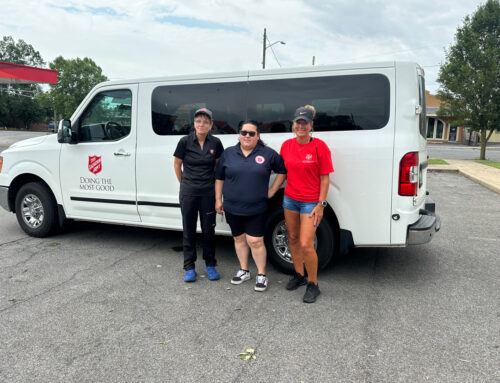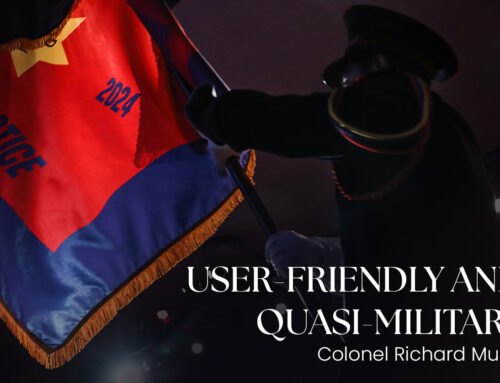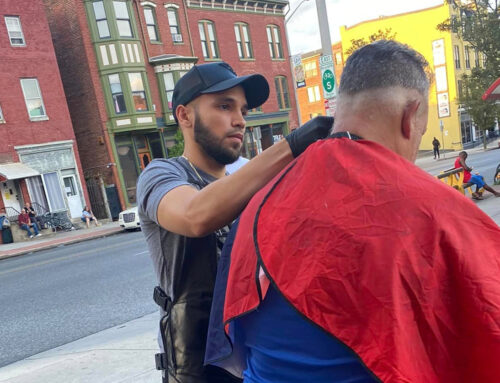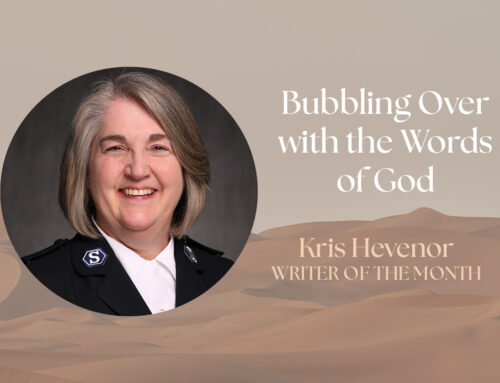Electric football and the gospel?
by Robert Mitchell
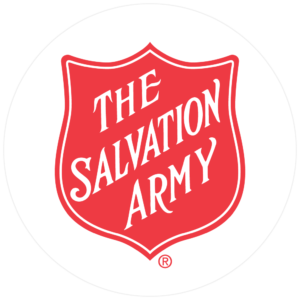

“… I have become all things to all people so that by all possible means I might save some. I do all this for the sake of the gospel, that I may share in its blessings.”
—1 Corinthians 9:22-23
His beloved Pittsburgh Steelers won’t be involved, but football enthusiast and Salvation Army Lieutenant Dustin Fitch will still watch Sunday’s Super Bowl between the Bengals and Rams.
Fitch, who pastors the Columbus Citadel in Columbus, Ohio, as its corps officer, always hopes that in watching the game, he’ll pick up some pointers to help him in two electric football leagues in which he participates. Yes, it’s electric football—the tabletop, motor-driven game that captured the imagination of a generation of young men and perhaps reached its peak in the 1970s and 1980s.
“Being a former player, I just jumped right in and fell in love with it,” says Fitch. “It’s a great way to fellowship with folks who are non–believers and believers. I get to share the gospel and my passion.”
For the last two years, Fitch has been the “pastor” at the Glass City Showdown, an electric football tournament in Bowling Green, Ky. He is there to help people who are struggling in life, needs a listening ear, or someone to pray with them. In the process, Fitch learns all he can from a host of electric football Hall of Famers.
A game of life
 “I’ve had guys sit down and talk to me for hours,” Fitch says. “It’s an opportunity for me to share the love of Christ with people who may never step foot into a church. I get the chance to play, and to show them Jesus’s love through a childhood game that we all love.”
“I’ve had guys sit down and talk to me for hours,” Fitch says. “It’s an opportunity for me to share the love of Christ with people who may never step foot into a church. I get the chance to play, and to show them Jesus’s love through a childhood game that we all love.”
Like many young boys, Fitch played electric football with his cousin in Kentucky, but he says they didn’t understand the rules of the game well. “We did the best we could,” he says.
Fitch, now 33, played football as a youth in Prestonburg, Ky., but he quit the sport in middle school to focus on baseball. He was a cheerleader at the University of Pikeville in Pikeville, Ky., when the semi-pro Eastern Kentucky Drivers noticed his love for the game and his size and asked him to try out. He made the team and played two years as an offensive lineman and special teams player for the American Continental Indoor Football League.
He was reintroduced to electric football while serving as a pastor at The Salvation Army’s Cincinnati Citadel, where he met employee Monty Kendall.
“He drew me in,” Fitch said of Kendall. “I have a huge love for football and his passion for it was infectious.”
The Cincinnati Citadel hosted electric football tournaments prior to Fitch’s appointment there and that’s when Fitch got serious. He has his own field and hand-crafted players. Fitch follows the NFL’s Steelers because that was his flag football team as a kid. During electric football, he uses the rosters of the 2006 and 2009 Steelers, the team’s last two Super Bowl champions.
A field of dreams
 Fitch said participants can hand-paint their players and use water decals to simulate their favorite teams. There are also several national vendors that make electric football players from resin and 3D printing.
Fitch said participants can hand-paint their players and use water decals to simulate their favorite teams. There are also several national vendors that make electric football players from resin and 3D printing.
Fitch is a member of two different leagues: the Ohio Valley League, which starts in the fall and will be having their playoffs the weekend of the Pro Bowl, and a national college league, Minatare Football Bowl Championship (MFBCS), that begins this month. In the college league, Fitch plays as the Ivy League’s University of Pennsylvania Quakers. The league has more than 143 coaches and is nationwide.
The game of electric football has advanced over the years and the players now have prongs attached to their base which can be tweaked, allowing better control, Fitch said. The players can now run different pass routes. The quarterbacks have bendable arms and hitting a receiver with the felt football counts as a pass completion.
“We’ve got it now to where you tweak the guys and you build your own custom stadiums,” he said. “You can really control the players and enjoy it as a hobby. It’s a unique experience and it’s interesting what all you can have them do.”
Fitch also has his own portable stadium, which he brings from home to the corps. He would like to get the men of Columbus East Main Corps, The Salvation Army church he pastors, more involved in electric football. The COVID-19 pandemic stopped a lot of fellowship opportunities in the past two years.
A hub of ministry
“It’s actually more of an outreach for guys in the community and the ARC than at the corps,” he said.
Fitch is also hoping that Columbus can host electric football tournaments in the future.
“I’ve met coaches from all over the country—from California to Maine to Florida to Texas,” he said. “I hope to use that as a fundraiser, but also as a ministry opportunity and bring guys into the Columbus area. Columbus is one of the major hubs for electric football in the United States, which is kind of surprising if you don’t know anything about electric football.”

